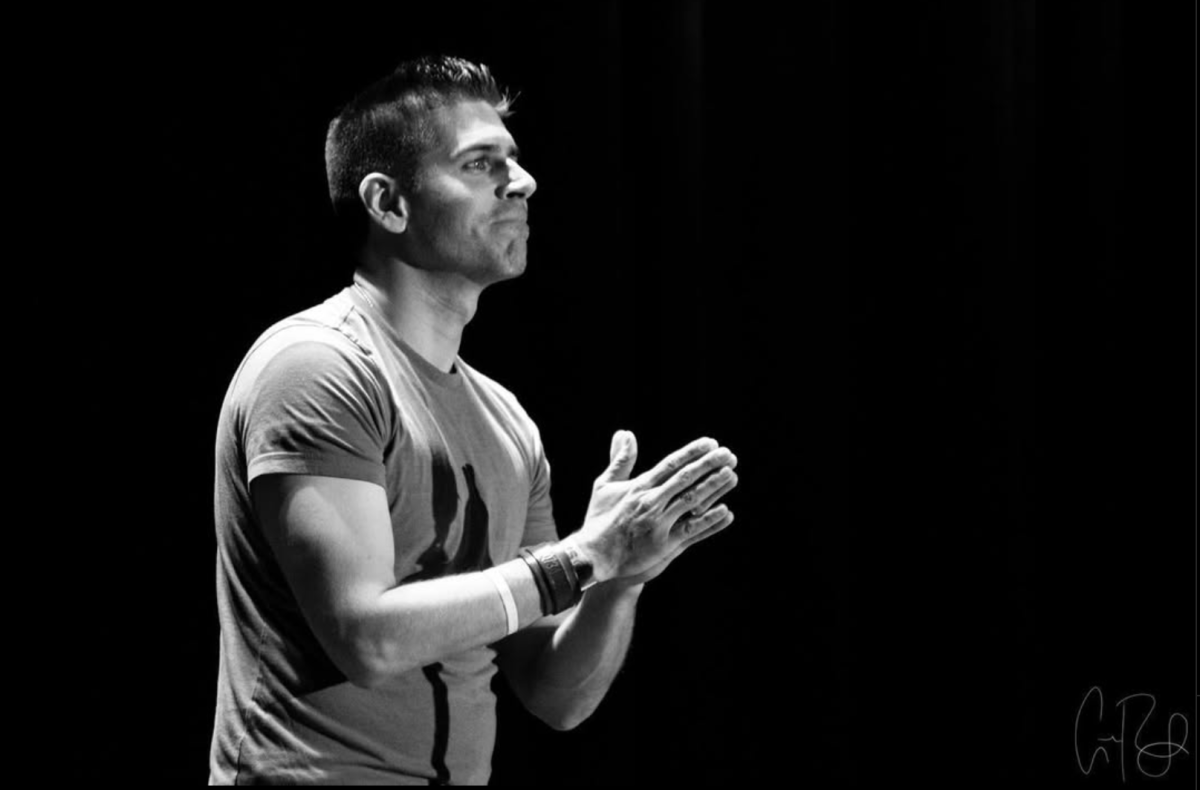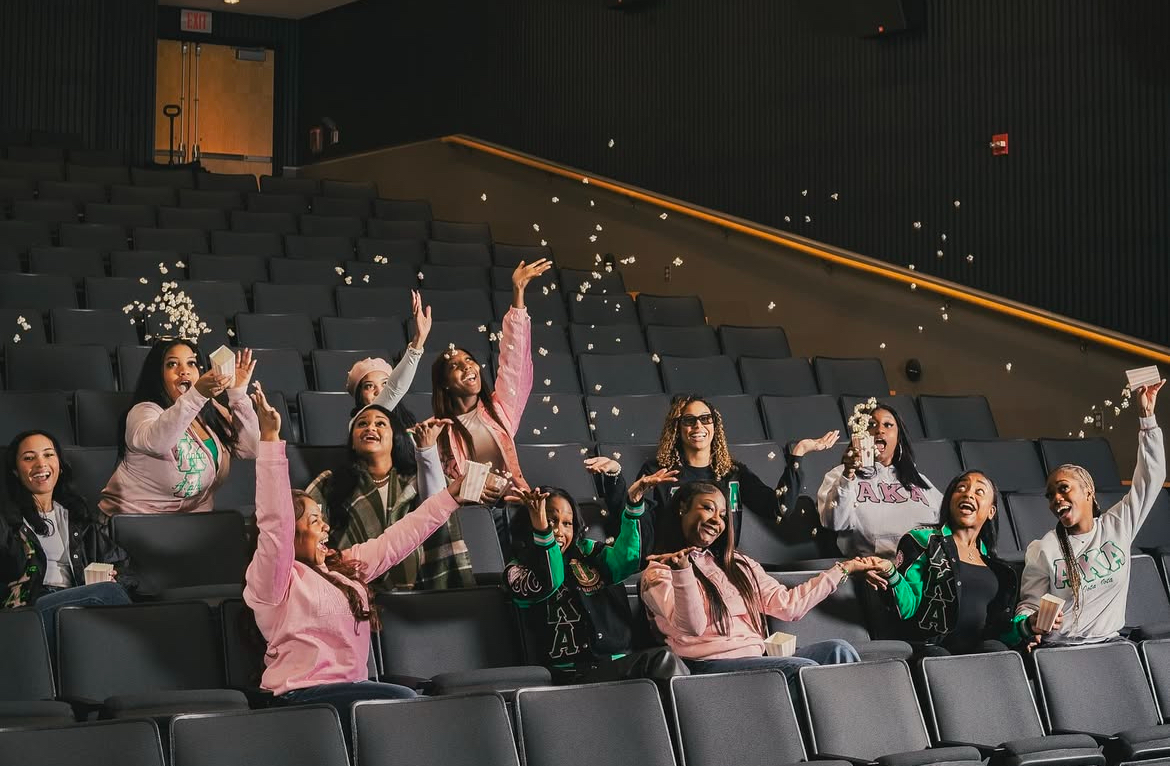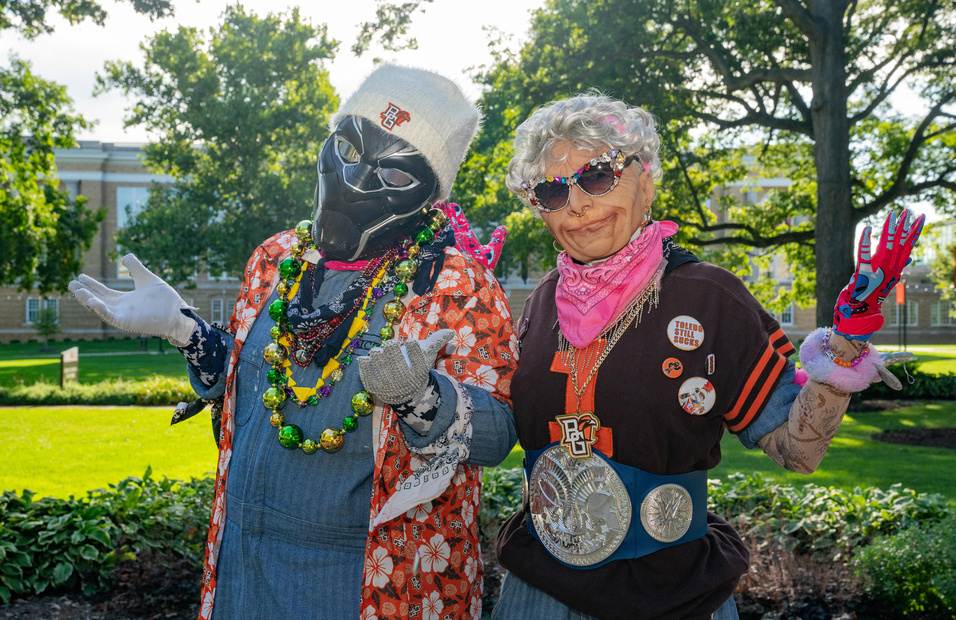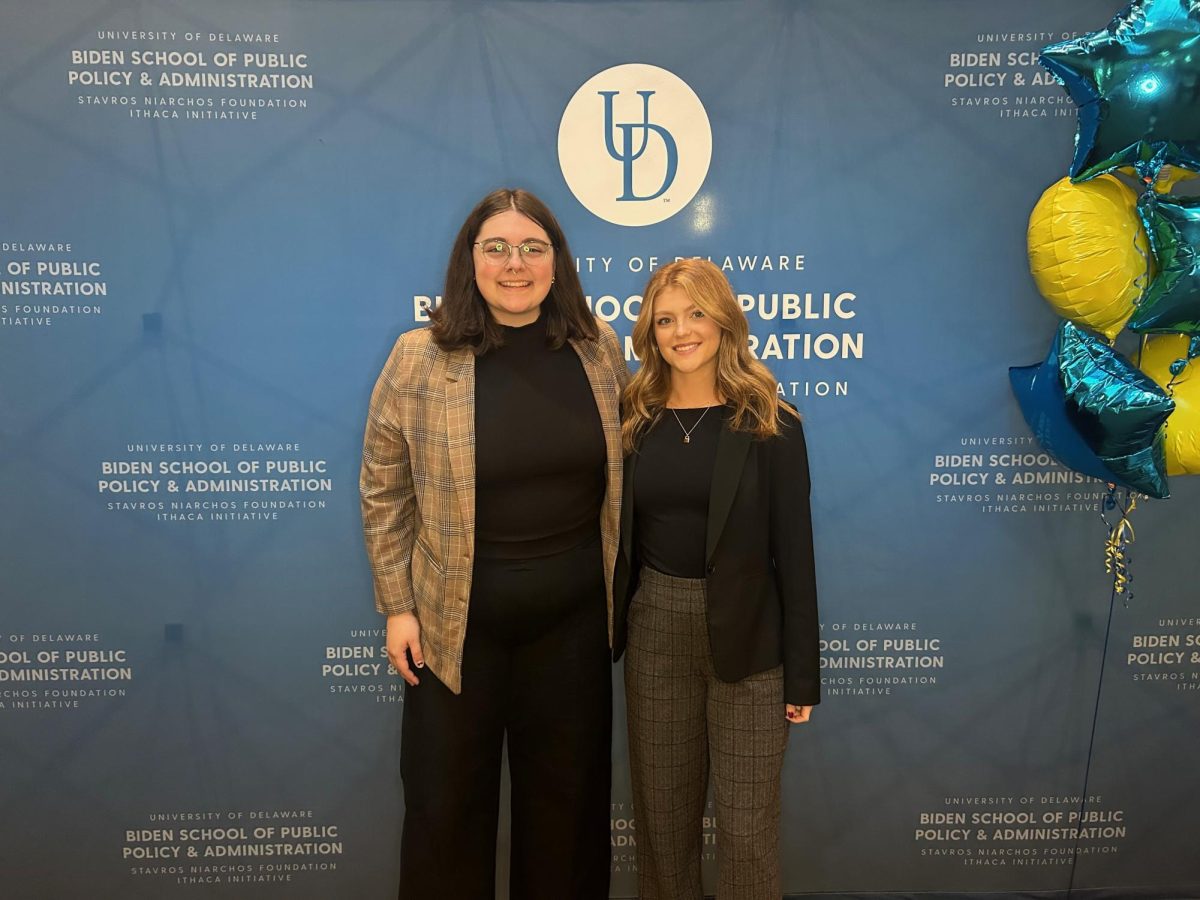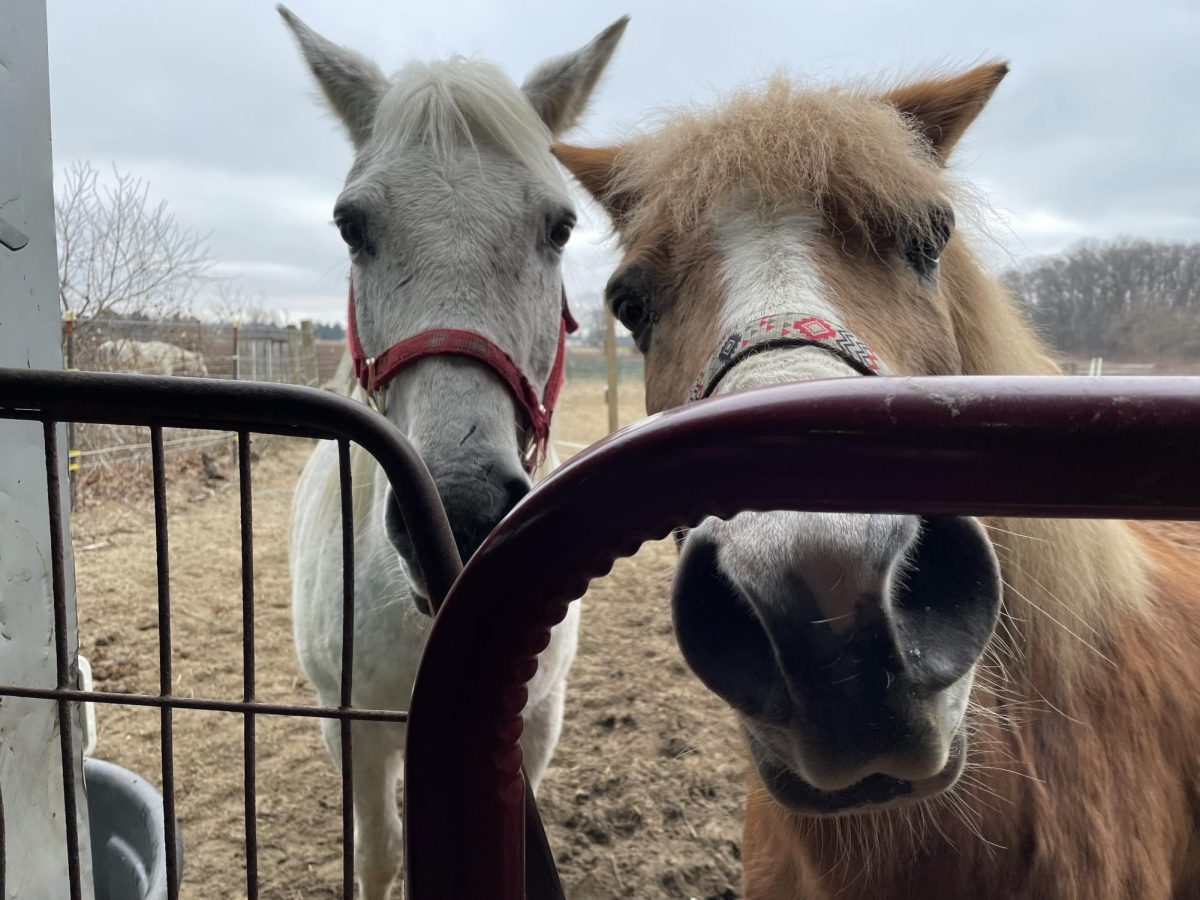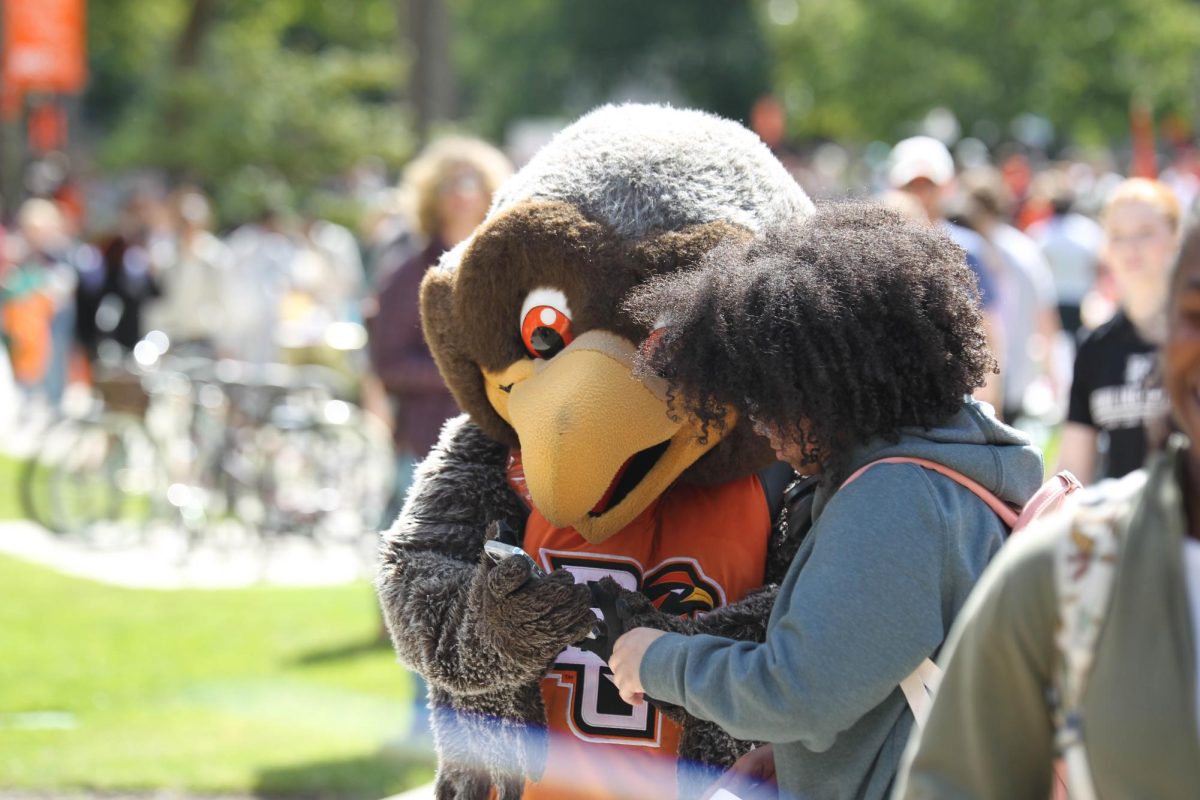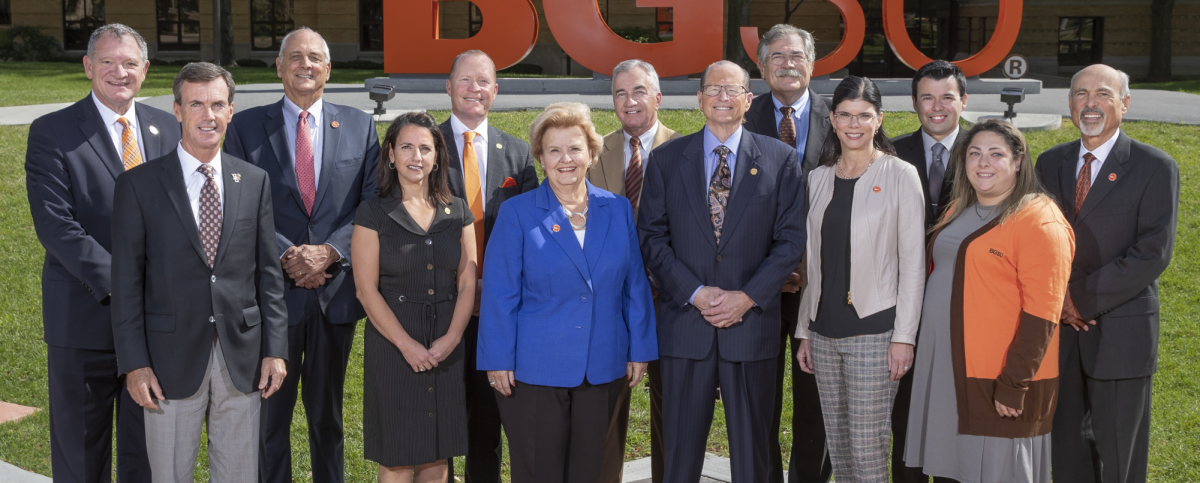Senior Laparis Grimes wanted to talk to her peers about important health information, so she became a peer educator.
Faith Yingling, the director of Wellness Connection, said that a peer educator is a student who provides health and wellness education to other students.
First year graduate student and peer educator advisor Matt Reising said that peer educators learn about tough topics such as sexual health, sexual assault, alcohol awareness, bystander intervention and stress relief.
“If this is the way I can help get [health] information to my peers,” Grimes said. “I thought it was a really good thing to do on campus.”
Four of the University’s peer educators made a presentation at the Bacchus General Assembly this year. It is a conference where peer educators and program advisors from other schools attend to talk about peer education and how to developnew programs.
Reising said that at least 40 presentations were turned down, so he said it was a huge honor to be able to present at the conference. The University’s peer educators gave a presentation on healthy relationships.
The University’s peer educators who went also attended many different speakers and programs to find ways to integrate different peer educator techniques into the peer educator program at the University.
“It’s a really powerful experience to see so many students want to take the initiative to go make differences on their campuses,” Reising said.
Grimes pointed out some particular events where all the peer educators and program advisors at the conference were in one room together. She said that this gave her a visual for just how many peer educators there were from many different backgrounds.
“It was, at sometimes, overwhelming to see all people who were also peer educators and are as passionate about the same topics as we are,” Grimes said.
Reising said that anyone who can step out of their comfort zone and has a drive to teach others can become a peer educator.
Grimes said that she thinks a lot of people have the misconception that in order to be a peer educator, the person needs to have good presentation skills. She said that she took the HHS 4400 class where she watched peer educators give presentations, which built her own confidence to present.
Grimes said she also learned how to speak impromptu and became more aware of how she presented herself professionally to other people.
“We try and give you these tools to put in your tool box to become successful at being a presenter and learning [health] topics,” Reising said. “That’s why I would encourage anyone to try it if they care about changing.”
Yingling said that students can take HHS 4400 or an intensive weekend training course in order to become a peer educator. The weekend course will be Jan. 24 and Jan. 25 from noon-6p.m.


